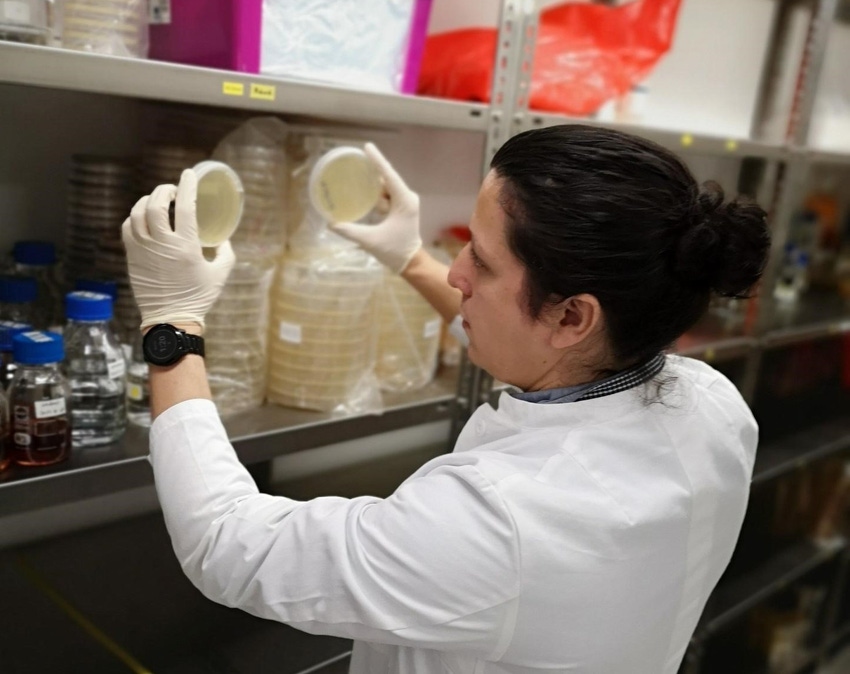New phytase screening method may unlock improved feed enzymes
Method isolates novel phosphatases and phytases from complex environmental samples.
February 5, 2019

Phosphate is a key element required for in many biological processes as well as being essential for global food production. However, phosphates are often oversupplemented in order to meet nutrient requirements of livestock, which excrete the excess into the environment.
To better utilize dietary phosphate, phytase enzymes are increasingly added to swine and poultry diets to free up organically bound phosphate from plant sources.
Now, researchers at the University of Göttingen in Germany have developed a new method to detect new enzymes from the environment that can release phosphate, according to an announcement from the university.
The researchers said the new method opens new possibilities for the development and optimization of phytase-based processes for industrial application, biotechnology and environmentally friendly technologies. The results were published in the scientific journal mBio.
The research group, led by professor Rolf Daniel from the Institute of Microbiology & Genetics at the University of Göttingen, developed standardized methods to isolate novel phosphatases and phytases from complex environmental samples.
"The phytases that are currently used commercially originate from the cultivation of individual strains of microorganisms," Daniel said. "This wastes the potential to develop new, more effective processes through the use of improved enzymes."
The increasing depletion of natural phosphorus resources and the pollution of phosphorus deposits with heavy metals make new strategies for the extraction and recycling of phosphates more urgent, he added.
The new method is based on the screening of specially constructed gene libraries from the entire gene pool of organisms in different habitats, according to the announcement. The researchers take samples from sediments and soil and clone the whole DNA. They then observe which activities develop in these gene libraries. An innovative screening method is used in which phytate serves as a phosphate source.
This enabled the researchers to identify the largest variety of phosphatases and phytases ever obtained using functional metagenomics, including new phytase subtypes with hitherto completely unknown functional groups and new properties, the University of Göttingen said.
Phosphatases and phytases are natural biocatalysts that play a central role in many metabolic processes and contribute to the release of organically bound phosphate. Phytases are specialized in the degradation of phytates found in cereals and many other plants.
You May Also Like

.png?width=300&auto=webp&quality=80&disable=upscale)

